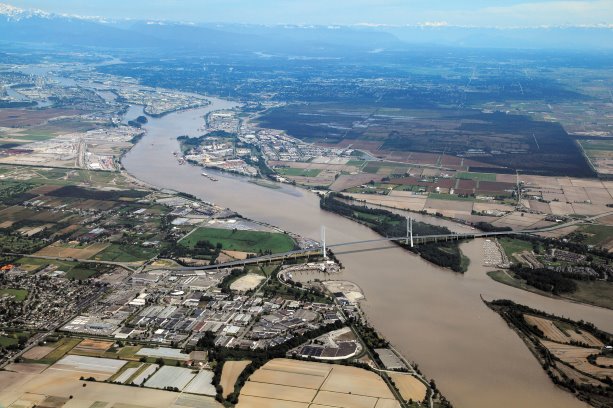Merit Canada says the federal government needs to ensure the infrastructure projects in its recently announced 2016 budget are subject to a competitive bid process that is open to all companies.
"We are meeting with members of parliament from all parties to ask them to ensure their constituents are able to work on projects paid for with their own tax dollars," said Merit Canada president Terrance Oakey.
"We are hopeful the [federal] Liberals will abandon their plans to make infrastructure more expensive by favouring only one labour model."
The national voice of eight provincial open shop construction associations, Merit Canada says open tendering ensures taxpayers get the biggest bang for their buck.
According to the budget, the Liberal government’s infrastructure spending program will come in two stages.
Phase one consists of $11.9 billion for a mixture of green, social and transit projects over the next two years.
Phase two will focus on the construction of projects over the next eight years that will accompany the transition to a low-carbon economy.
The federal government will spend some $3.4 billion over the next three years to upgrade and improve public transit across the country. The money will be allocated to provinces and territories based on their share of national public transit ridership.
Another $5 billion over the next five years will go to water, waste water and projects that target climate change. The amount includes $2.2 billion for clean water, waste water and waste management in First Nations communities.
Oakey says Merit Canada believes all projects funded all or in part with federal dollars should be subject to open tendering.
In fact, however, many Canadian jurisdictions practice closed tendering, in which access to project bidding is restricted to specific unionized contractors affiliated with the building trades.
"There are many projects in Canada that are subject to closed tendering rules, both provincially and federally," said Oakey.
"For example, much of the work done by the City of Toronto is open only to contractors associated with certain building trades unions. There also have been examples of federal tenders which have a clause that says ‘subject to local union hiring conditions,’ which in another way of shutting out all the non-unionized workers."
Oakey says the restrictions are different depending on the jurisdiction, but they all have the same impact: With seven out of 10 construction projects in Canada built by open shop companies and workers, closed tendering rules therefore shuts out 70 per cent of the industry.
"As a result, quality goes down," said Oakey. "It’s basic competition theory."
Merit Canada says that, in addition to keeping out non-union workers, closed tendering has an impact on project costs.
For example, says the association, the City of Montreal has found that closed tendering inflated project costs from 30 per cent to 85 per cent. For the City of Hamilton, inflated project costs were estimated to be 40 per cent.
A 2014 study that looked at closed tendering in Ontario construction markets suggested that Ontarians are paying between 20 per cent and 30 per cent more for construction projects that are subject to closed tendering.
According to the report by Cardus, a Canadian social infrastructure think tank with headquarters in Hamilton, Ont.
"Ontario is faced with huge deficits and a debt that will hamper the province’s long-term economic prospects. In the face of this dire situation, Ontario’s government is turning over stones to find savings for the provincial budget," believes Oakey. "While many will focus on the need to make cuts in order to achieve this goal, there is a way to achieve significant savings in Ontario hiding in plain sight —opening up public construction procurement to competitive bidding."
Oakey says that, with the federal government planning to spend a total of $120 billion on infrastructure, and using the 20 per cent to 30 per cent rate of inflated costs cited in the Cardus study, $24 to $36 billion of the money earmarked for infrastructure could be wasted if all projects are subject to closed tendering.
"Closed tendering is bad economic policy, especially when you consider Canada’s infrastructure deficit, the poor state of finances at all levels of Government and the need to get more Canadians working," said Oakey.

The George Massey Tunnel Replacement Project is just one of many infrastructure projects looking for federal help.
Photo: Province of B.C."










Recent Comments
comments for this post are closed